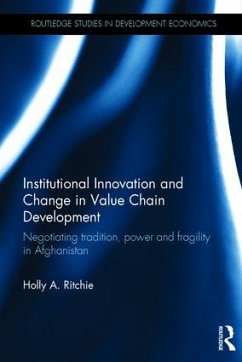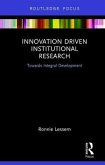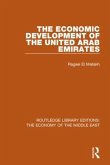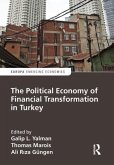George Bernard Shaw once said that reasonable people adapt themselves to the world but that the unreasonable adapt the world to themselves. This book explores how 'unreasonable' people interact to re-fashion the world around them in fragile economic development. Drawing on empirical research in the volatile and traditional context of Afghanistan, this study investigates the challenge of women's participation in emerging business, and explores the diverse outcomes for local development. Shedding new light on the opaque process of institutional change, this research shows that external actors (such as NGOs) can both initiate and guide institutional development. Yet there may be limitations to their endeavours, with strong resistance from local power holders. This book is suitable for those interested in heterodox institutional discourse including evolutionary economics, institutional political economists and economic sociologists.








